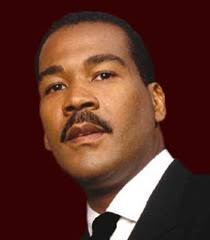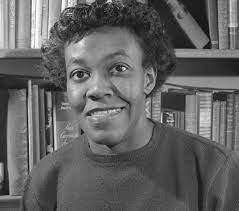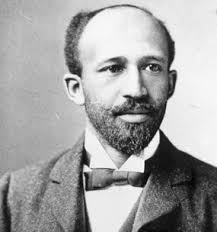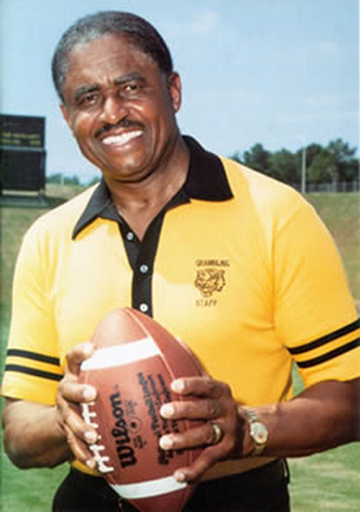This Week in Black History: Jackie Robinson’s Hall of Fame tribute on July 23, 1962
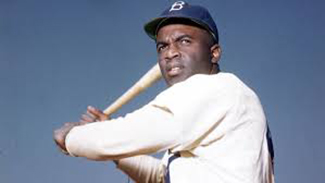
When Jackie Robinson entered baseball’s Hall of Fame on July 23, 1962, he did more than seal his place among the sport’s legends. He became the first Black player enshrined in Cooperstown, the National Baseball Hall of Fame and Museum confirms.
Fifteen years earlier, Robinson had broken Major League Baseball’s color barrier by taking the field for the Brooklyn Dodgers on April 15, 1947. He faced racism, hostility and isolation, but his talent and perseverance changed the game forever.
Robinson won Rookie of the Year honors in his debut season, earned the National League MVP award in 1949, and helped lead the Dodgers to their first World Series title in 1955, noted by the Hall of Fame. Off the field, he became a prominent voice for civil rights, using his platform to challenge segregation and inspire millions, historian Jules Tygiel wrote.
At the induction ceremony, Robinson’s entry into the Hall was celebrated as a milestone not just for baseball, but for the nation. “Jackie made us all look at America differently,” Dodgers teammate Pee Wee Reese said in interviews after the event. “He showed what was possible.”
Robinson’s number, 42, is now retired across all of Major League Baseball, a tribute to his unique legacy.
Robinson’s impact reached far beyond his playing days. He worked as a businessman, newspaper columnist, and activist, advocating for economic opportunities and voting rights. In Los Angeles, where he spent the latter part of his career and life, Robinson remains a central figure in the city’s sports and cultural history.
The California African American Museum features exhibits on his life, career, and influence, drawing visitors from across the country. “He is not just a player, but a symbol of what can be achieved when courage meets opportunity,” said museum curator Tyree Boyd-Pates in a recent interview.
Each year, the anniversary of Robinson’s Hall of Fame induction is marked by events and discussions at schools, community centers, and ballparks nationwide. In Los Angeles, Little League teams hold Jackie Robinson Day games, and city leaders often reflect on his enduring relevance. His journey from segregated Georgia to the heights of American sports is recounted in classrooms, documentaries, and public murals, connecting generations to themes of perseverance and equality.
For more on Black history, arts, and culture, visit California African American Museum.

